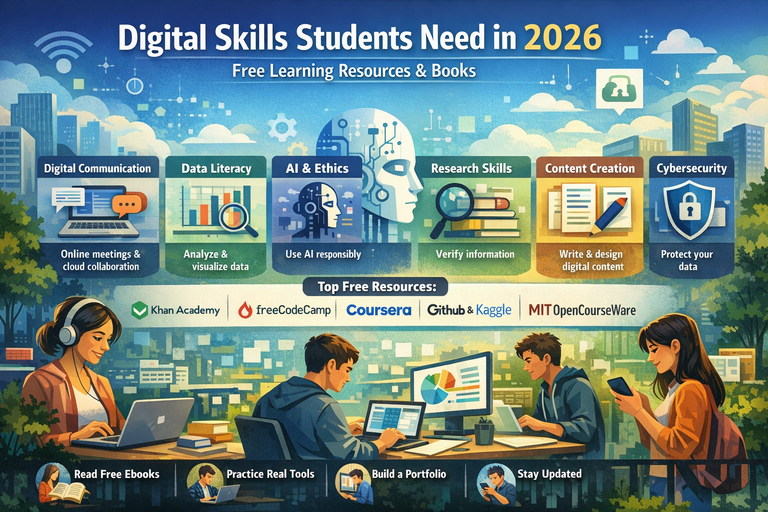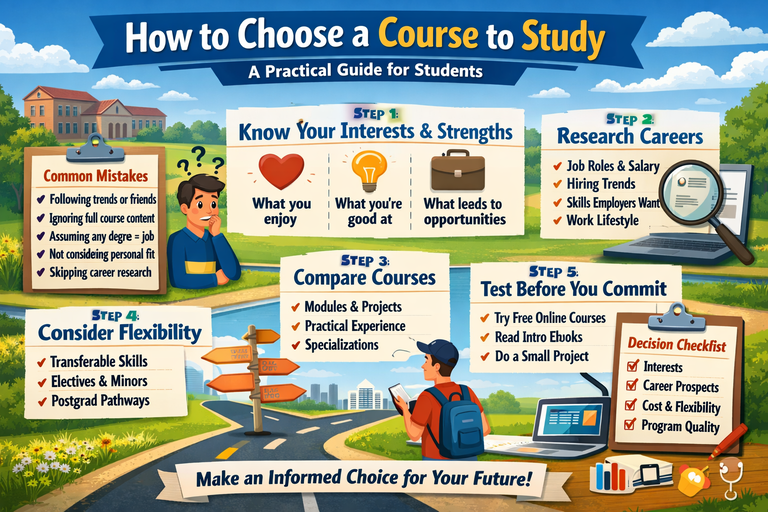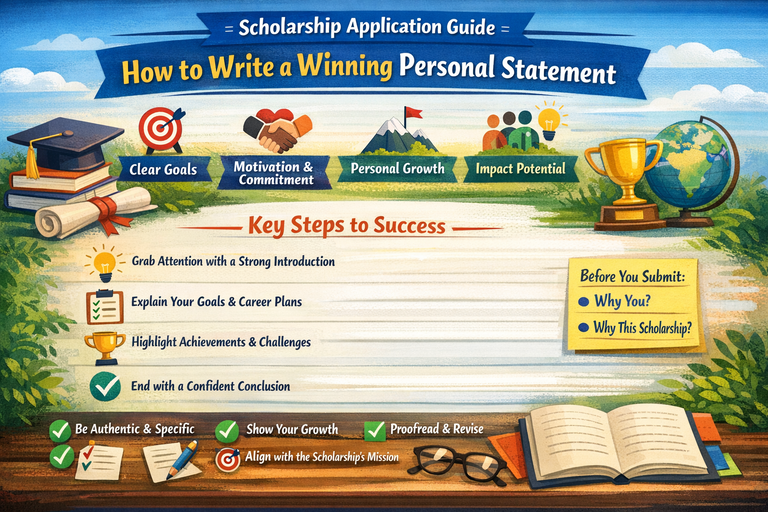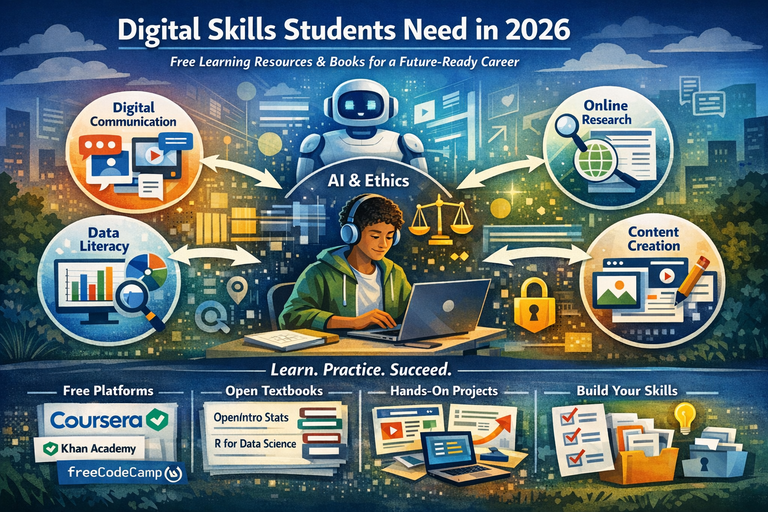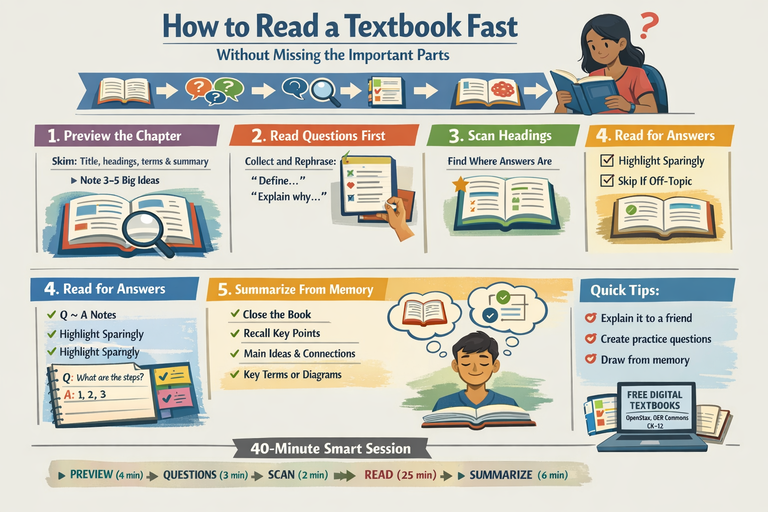The Ethics of Enterprise: Moral Dilemmas in Business-Centric Fiction
In the intricate world of business-centric fiction, profits and power often come at a cost—and that cost is frequently ethical. As novels dive into the worlds of finance, entrepreneurship, corporate governance, and family empires, they rarely present these realms in purely black-and-white terms. Instead, readers are confronted with moral gray zones: a CEO who sacrifices employees to save shareholders, a startup founder tempted to lie to investors, or a family firm willing to overlook corruption to maintain its legacy.
These stories do more than entertain—they ask urgent questions about what we’re willing to compromise in the pursuit of success. As real-world headlines are filled with corporate scandals, whistleblowers, and public backlash against unethical business practices, literature remains a powerful space to examine these issues through richly drawn characters and layered narratives.
Let’s explore how fiction has tackled the ethics of enterprise, focusing on the moral dilemmas that define—and often divide—characters in the world of business.
Corporate Corruption and the Cost of Success
Many business novels revolve around characters caught in the machinery of a system that rewards profit over principle. These characters often begin with good intentions but are slowly drawn into ethical compromises, rationalizing their decisions in the name of survival or growth.
In Tom Wolfe’s The Bonfire of the Vanities, Sherman McCoy, a Wall Street bond trader, sees his privileged world unravel after a moral lapse. What begins as an attempt to cover up an accident becomes a full-blown scandal that exposes the corrupt intersections of business, media, and justice. Wolfe paints a searing portrait of the modern business world, where ambition and image are prized above truth and integrity.
Similarly, in The Financier by Theodore Dreiser, Frank Cowperwood’s rise in the financial world is marked by manipulation and opportunism. Though gifted and visionary, Cowperwood’s ambition blinds him to ethical boundaries, and his eventual downfall illustrates the dangers of unchecked capitalism.
These novels suggest that while the system may reward greed and aggression in the short term, it often leads to personal and societal collapse.
Whistleblowers, Rebels, and Resisters
While many protagonists succumb to the ethical pressures of business, others fight back—often at great personal cost. Whistleblower narratives in fiction highlight the courage it takes to stand against corrupt organizations, and the isolation that follows.
In John Grisham’s The Firm, young lawyer Mitch McDeere discovers that the prestigious law firm he’s joined is a front for organized crime. The novel becomes a tense ethical thriller as Mitch must decide whether to stay silent and enjoy wealth and success, or risk everything to expose the truth. His moral evolution forms the emotional core of the novel.
Michael Crichton’s Disclosure presents another kind of ethical battleground—sexual harassment and corporate sabotage. Set in a tech company during a merger, the novel examines power dynamics in the workplace and the manipulation of truth for personal gain. The protagonist, Tom Sanders, must navigate a web of lies while maintaining his professional integrity.
These stories celebrate moral courage and illuminate how difficult it is to hold onto ethics in environments where silence is rewarded and truth is punished.
Startup Culture and Moral Flexibility
The modern startup world, often idealized as a space for disruption and innovation, is also fertile ground for ethical dilemmas. Startups operate at high speed, often under intense investor pressure. This environment can blur moral lines—especially when the pursuit of "changing the world" justifies cutting corners.
Dave Eggers’ The Circle satirizes Silicon Valley through the story of Mae Holland, an employee at a powerful tech company that promotes transparency while quietly eroding privacy and individual freedoms. As Mae becomes more deeply embedded in the company’s culture, she willingly abandons her personal values in favor of corporate ideology. The novel critiques how idealism and innovation can mask authoritarian tendencies.
In Uncommon Type by Tom Hanks, the short story “Alan Bean Plus Four” captures the enthusiasm of startup culture through a quirky crew who launches their own space mission. While the tone is lighthearted, it touches on the recklessness of unchecked ambition, and the ethical limits of innovation without oversight.
These narratives suggest that innovation without accountability can be just as dangerous as corruption in traditional corporations.
Family Business, Generational Ethics
Business ethics become especially complicated in family-run enterprises, where personal loyalty often clashes with professional responsibility. In these stories, the question isn’t just "What’s right for the company?"—it’s "What’s right for the family?"
In The Inheritance Trilogy by Kiran Desai and others, readers encounter dynastic families who are simultaneously bound and divided by their fortunes. A patriarch may choose to hide financial truths to protect heirs, or children may question whether to uphold outdated practices for the sake of unity.
In The Nest by Cynthia D’Aprix Sweeney, four siblings squabble over a shared inheritance, each justifying their actions as necessary for their individual survival. The novel scrutinizes how money can both unite and divide families, and how financial dependency breeds ethical compromise.
Here, ethics are entangled with emotion, duty, and legacy—raising the stakes for every decision.
The Seduction of Power
Business fiction often examines the intoxicating nature of power. Protagonists may start with noble goals but find themselves increasingly willing to betray their principles as power becomes an end in itself.
In Ayn Rand’s Atlas Shrugged, characters like Dagny Taggart are portrayed as heroic entrepreneurs fighting against a collectivist society. However, Rand’s moral framework has sparked debate: her celebration of self-interest as virtue clashes with more conventional notions of business ethics centered on responsibility and fairness. The novel forces readers to consider whether absolute individualism is ethical or dangerous.
In contrast, American Psycho by Bret Easton Ellis strips away any pretense of morality. Patrick Bateman, a Wall Street banker, represents a nightmarish endpoint of capitalist greed—where money, status, and appearance matter more than human life. The novel is a grim satire of business culture gone completely amoral.
These extremes challenge readers to think about the moral cost of power, and whether ethical boundaries can survive ambition’s gravitational pull.
Redemption, Reflection, and Moral Reckoning
Not all business protagonists are doomed. Some come to recognize their ethical failings and seek redemption, often through personal sacrifice or renewed values.
In Arthur Hailey’s Overload, an energy executive must confront the environmental and social consequences of corporate growth. As his conscience awakens, he grapples with how to align his role with a broader sense of responsibility.
Even in more satirical works like Thank You for Smoking by Christopher Buckley, the protagonist—a lobbyist for the tobacco industry—eventually questions his role in promoting harmful products. The novel uses humor to explore serious ethical questions about persuasion, marketing, and public health.
Redemptive arcs provide a hopeful alternative to the typical rise-and-fall trajectory, suggesting that ethical clarity is still possible—even in the morally murky waters of big business.
Conclusion: Why Ethical Dilemmas in Fiction Matter
Fictional explorations of business ethics are more than narrative devices—they are reflections of real societal tensions. As readers, we are drawn to these stories because they mirror the difficult decisions we see in the world around us: the compromises people make at work, the slippery slope from ambition to exploitation, and the complex intersections of morality and money.
In novels, these dilemmas are brought to life through characters we grow to understand, even if we don’t always agree with them. Business fiction invites us to step into the shoes of CEOs, founders, analysts, and whistleblowers—not just to judge them, but to empathize with the complexity of their choices.
In the end, the ethics of enterprise is not a question with easy answers. It’s a human struggle, unfolding in boardrooms, back offices, and start-up garages alike—and it’s a story that literature will continue to tell, one moral dilemma at a time.



